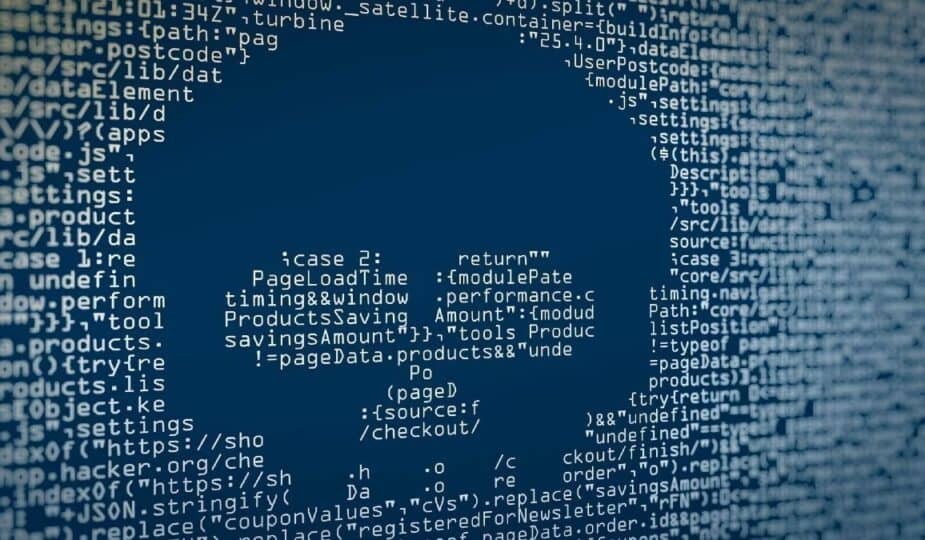iPhones being stored for forensic examination have reportedly started rebooting on their own.
 1 Facebook x.com Reddit
1 Facebook x.com Reddit
Several iPhones being stored for forensic examination have reportedly rebooted on their own, raising concerns law enforcement officials about Apple's new security feature.
The phones in question had a few things in common: They were all running iOS 18.0 and had been disconnected from cellular networks for some time. They were sent to a forensic lab on October 3, 2024.
The affected devices even included one that was in airplane mode and another that was in a Faraday cage, which prevented electrical signals from reaching the device. While it’s most likely that the devices began to reboot in cycles or had a dead battery, officials believe the reboots were caused by something else entirely.
According to an alleged law enforcement document obtained by 404 Media, officers suspect that the iPhones may be rebooting themselves due to changes in the iOS 18 update. Officials believe that iPhones running iOS 18 may be sending signals that cause nearby devices to reboot if the device has been disconnected from cellular networks.
…iPhones running iOS 18.0 brought into the lab have been shown to interact with other iPhones stored in AFU when the right conditions are met. This interaction sent a signal to devices to reboot after so much time had passed since the device was active or disconnected from the network.
According to a leaked document, after an iPhone reboots, it goes into what is known as a BFU, or “before first unlock,” state, which is more secure than an AFU, or “after first unlock.” An iPhone that boots up but is not unlocked by anyone is considered a BFU device, while an iPhone that is unlocked by its owner using a passcode, Touch ID, or Face ID is considered an AFU device.
Rebooting an iPhone and switching from AFU to BFU poses a major problem for law enforcement and forensics teams because the device’s data cannot be easily accessed after the reboot, according to an alleged law enforcement document.
The document referenced in the report was allegedly created by law enforcement officials in the Detroit, Michigan area. It is intended to spread awareness of the issue and offer instructions on how to isolate devices prone to rebooting.
What Most Likely Happened with iPhones That Rebooted
While the prospect of Apple implementing such a security measure seems interesting at first glance, that's not what likely happened in this case.
The iPhone 16 Pro and iPhone 16 Pro Max running iOS 18.0 are susceptible to random reboots.
In October 2024, multiple iPhone 16 Pro and iPhone 16 Pro Max users reported that their devices kept rebooting for no apparent reason. This is a known issue that occurred during normal use, and which Apple fixed with the iOS 18.1 update.
That time frame also matches the creation of the alleged law enforcement document. Specifically, the document says that three iPhones running iOS 18.0 were delivered to a forensics lab on October 3, after which they rebooted.
iOS 18.1 wasn’t released until October 28, meaning the devices could have been affected by the same bug that regular users are experiencing, assuming at least one of them was an iPhone 16 Pro or iPhone 16 Pro Max.
Matthew Green, a cryptographer and associate professor at Johns Hopkins University, said the document’s hypothesis is “highly suspect,” but that he would also be “deeply shocked” if Apple intentionally forced iPhones to reboot after a period of being disconnected from cellular networks.
An iPhone can also reboot if the battery is low or if it’s not working properly. Hardware faults, such as a faulty baseband chip, can also cause devices to reboot endlessly in some cases. While there are several reasons why iPhones could reboot, a software update seems unlikely.
Follow AppleInsider on Google News










